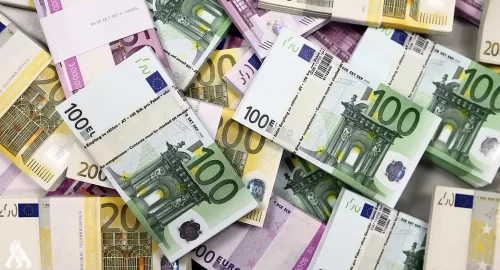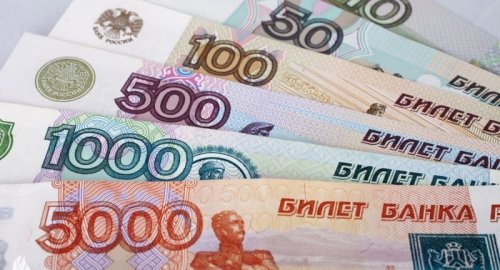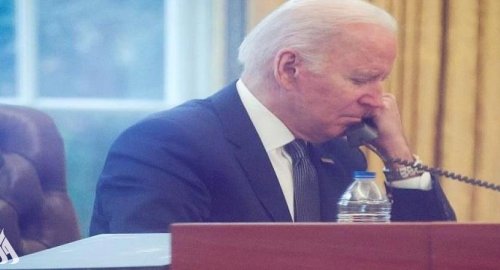
Euro drops to 20-year low, approaches parity with dollar

- 12-07-2022, 14:12
INA-sources
The euro slid to a 20-year low and came closer to parity against the dollar on Monday on concerns that an energy crisis will tip the region into a recession, while the U.S. currency was boosted by expectations that the Federal Reserve will hike rates faster and further than peers.
The biggest single pipeline carrying Russian gas to Germany, the Nord Stream 1 pipeline, began annual maintenance on Monday, with flows expected to stop for 10 days. Governments, markets and companies are worried the shutdown might be extended because of the war in Ukraine
“The most proximate concern for markets is whether or not Nord Stream 1 is going to come back online,” said Bipan Rai, North American head of FX strategy at CIBC Capital Markets in Toronto, adding that “the markets will likely price in a recession” for the region if it doesn't.
The euro tumbled as low as $1.0051 against the U.S. dollar, the weakest since December 2002.
The dollar index reached 108.19, the highest since October 2002.
The U.S. currency has gained on expectations that the Fed will continue to aggressively raise rates as it tackles soaring inflation.
“The Fed is going to raise rates more aggressively than most other developed market central banks and we don’t think other developed market central banks really have the bandwidth to keep up,” Rai said.
The Fed is expected to lift rates by 75 basis points at its July 26-27 meeting. Fed funds futures traders are pricing for its benchmark rates to rise to 3.50% by March, from 1.58% now.
U.S. consumers see inflation rising further in the year ahead but expect a more moderate pace over the longer term in a signal that inflation expectations remain reasonably anchored, a survey from the New York Fed showed on Monday.
Consumer price data due on Wednesday is this week’s major U.S. economic focus. Economists polled by Reuters expect the index to show that consumer prices rose by an annual rate of 8.8% in June.
The Australian dollar was the worst performer on the day, falling to a two-year low on global growth fears. Multiple Chinese cities have adopted fresh COVID-19 curbs, from business halts to lockdowns, to rein in new infections, which could create new supply disruptions.
Source: Reuters
Research identifies the healthiest meal for the heart
- Investigations and reports
- 07:40
Iraq: Five-Year Plan to Attract Foreign Investments
- Economy
- 07:33
Iraq vs Saudi Arabia match kicks off, Arabian Gulf Cup 26
- Sport
- 24/12/28
Real Madrid becomes Arnold's new home
- Sport
- 24/12/28
Globe Soccer Awards 2024: all the nominees
- Sport
- 24/12/27












